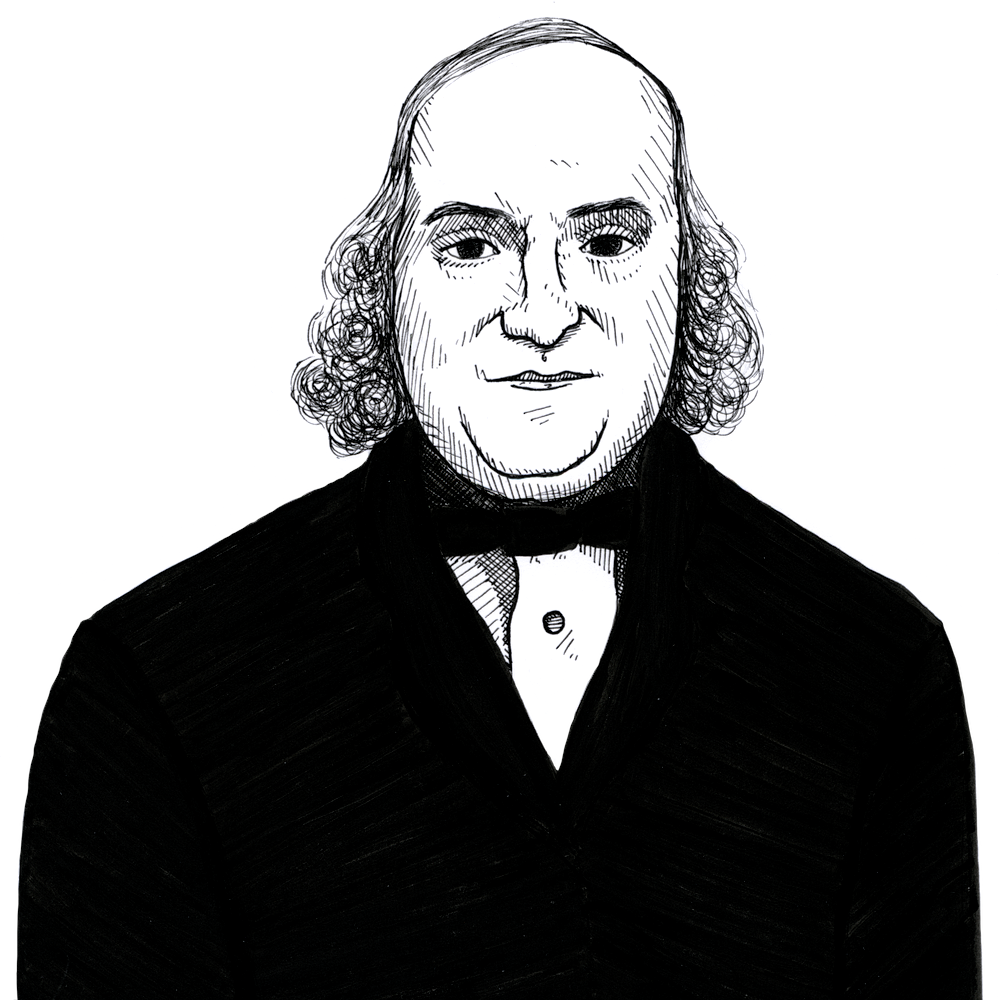
Thomas Hodgskin on the futility of politicians tinkering with bad laws when the whole political system needed to be changed (1832)
Found in: The Natural and Artificial Right of Property Contrasted
The British naval officer and later radical journalist Thomas Hodgskin (1878-1869) denounced the politicians in Westminster for tinkering endlessly with trying to patch and mend the laws when what was required was a fundamental change in thinking about what government should do:
Property Rights
Rapidly therefore as the gentlemen at Westminster work, making three or four hundred laws per year, repeating their tasks session after session—actively as they multiply restraints, or add patch after patch, they invariably find that the call for their labours is continually renewed. The more they botch and mend, the more numerous are the holes. Knowing nothing of natural principles, they seem to fancy that society—the most glorious part of creation, if individual man be the noblest of animals—derives its life and strength only from them. They regard it as a baby, whom they must dandle and foster into healthy existence; but while they are scheming how to breed and clothe their pretty fondling—lo! it has become a giant, whom they can only control as far as he consents to wear their fetters.